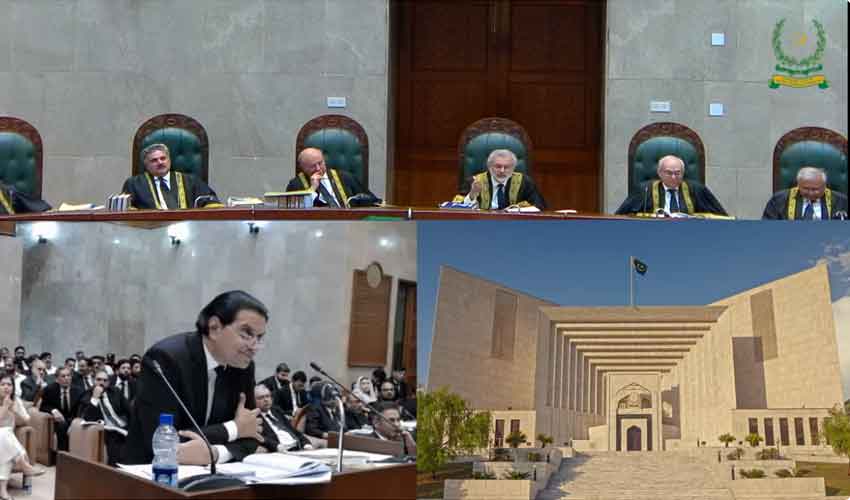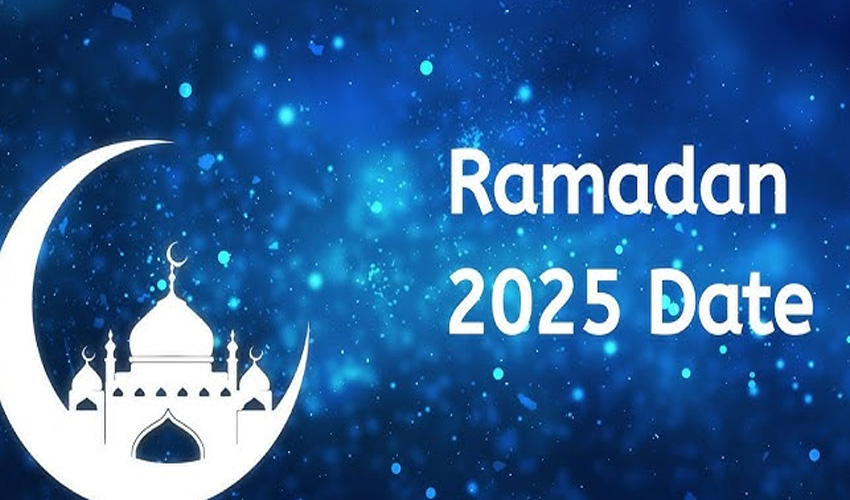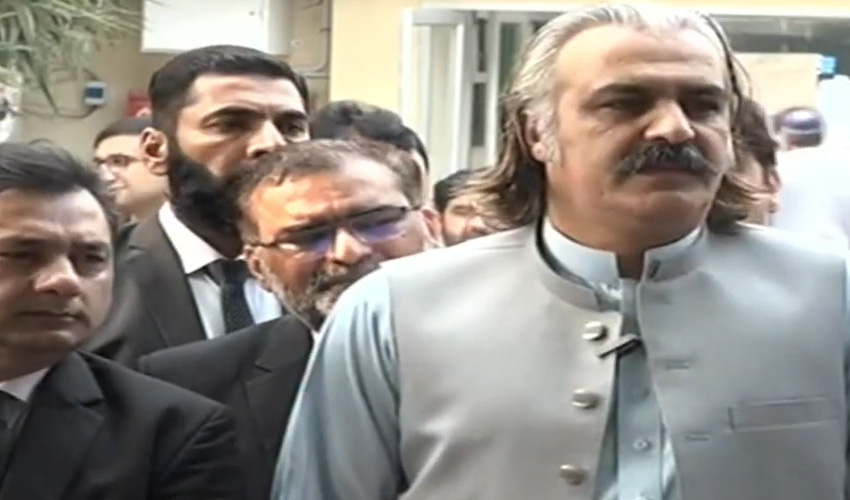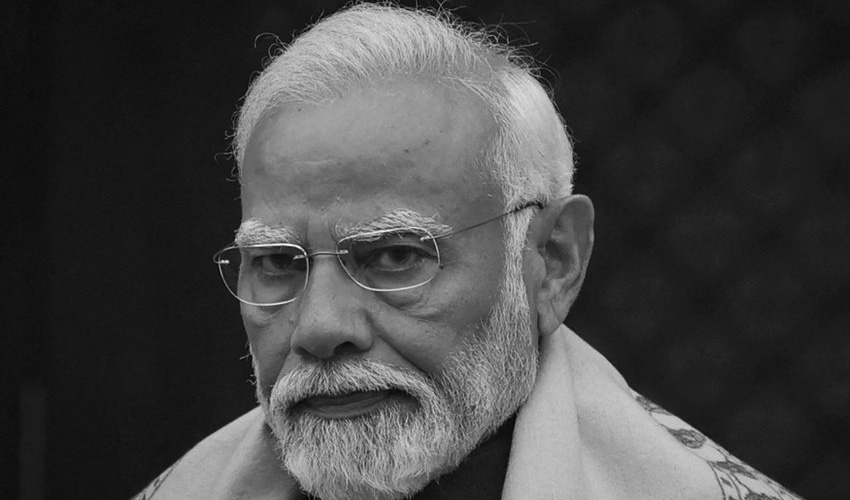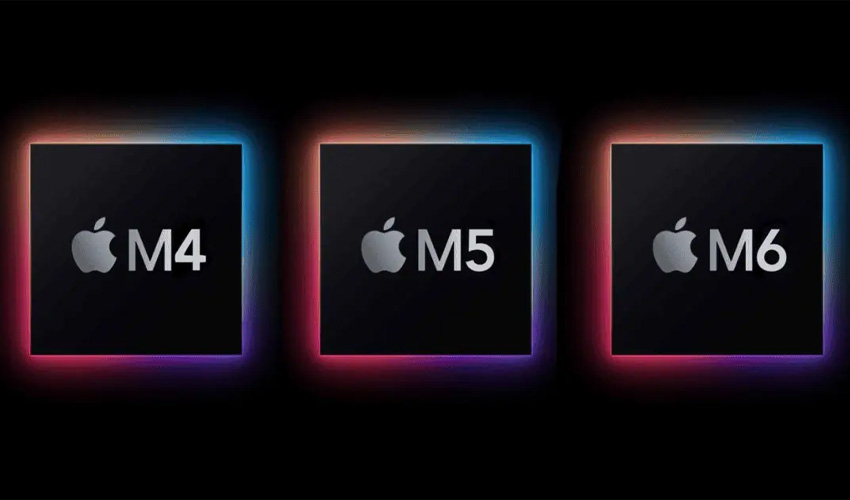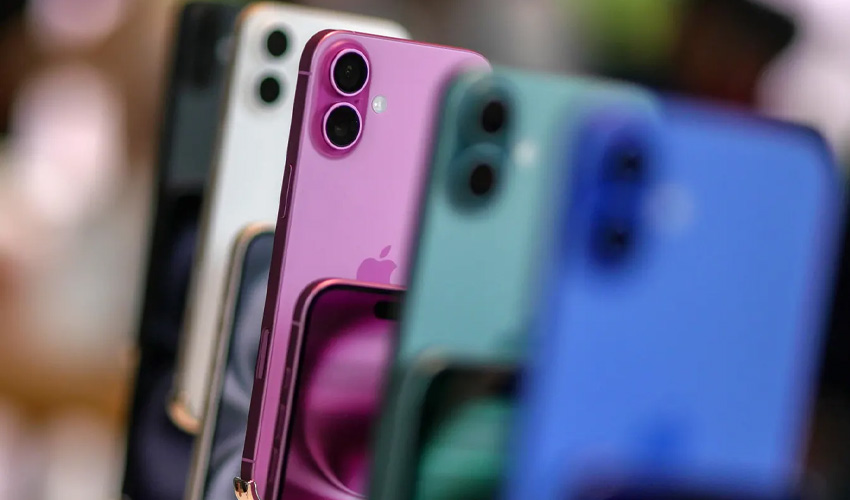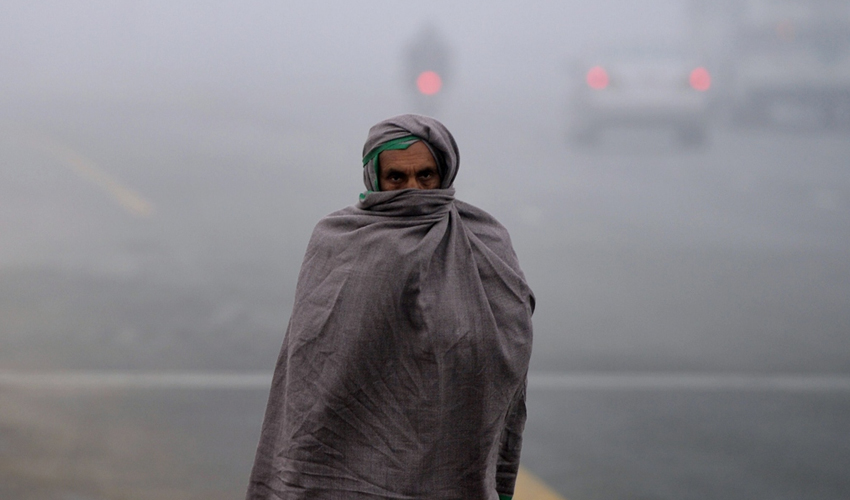The Supreme Court has convened to hear a significant case pertaining to the allocation of reserved seats to the Sunni Ittehad Council, with a focus on constitutional interpretations, election commission decisions, and allegations involving the Pakistan Tehreek-e-Insaf (PTI).
Led by Chief Justice of Pakistan Qazi Faez Isa, a 13-member larger bench is deliberating over constitutional provisions related to the proportional representation of seats in parliament. The case has sparked intense legal arguments and scrutiny of Election Commission of Pakistan rulings concerning PTI's internal party dynamics and candidate affiliations.
The CJP asked why the PTI members committed suicide by joining another party, adding that the PTI was being told for a year to hold intra-party elections. At that time, he said, the PTI founder was the prime minister.
Salman Akram Raja argued that the PTI was feared to be declared annulled, which was why independent candidates did not join it. Senior lawyers said there was no harm in joining the Sunni Ittehad Council.
The CJP said someone had given them the wrong advice, suggesting a case against the counsellor.
Justice Mansoor Ali Shah remarked that Salman Akram Raja's heart was in PTI, but he was arguing on behalf of the Sunni Ittehad Council, adding that the contradiction was clear to them.
During the proceedings, advocate Faisal Siddiqui, representing the Sunni Ittehad Council, emphasized constitutional mandates regarding the allocation of seats based on proportional representation and party affiliations. He argued against the election commission's interpretation, which, according to him, disregards the constitutional provisions governing specific seats.
Faisal Siddiqui referred to earlier decisions of the Supreme Court featuring Justices Muneeb Akhtar, Jamal Mandokhel, and Mansoor Ali Shah. “The judgments emphasized the compatibility of constitutional interpretation with natural limits,” he stated and referred to articles 51 and 106.
“There are some fundamental aspects of constitutional provisions. One is that the reserved seats will be allocated on the principle of proportional representation. Another aspect is that these seats will be given out on the lists submitted by each party,” Siddiqui said. The third aspect, he went on, is that each party will get these seats according to its general seats after the inclusion of independent candidates.
“Independent candidates can join any political party,” the lawyer said, arguing that the election commission misinterpreted the definition of a political party and ignored the constitutional provisions related to such seats. The election commission says independent candidates can also join a party which did not contest elections, he said, adding that on the other hand, it says the reserved seats will only be given to a party that contested the election.
CJP Isa intervened with pointed queries regarding the PTI's adherence to internal party regulations and the ECP's stance on candidate affiliations. The court scrutinized whether independent candidates can join a party after elections and still be eligible for reserved seats reserved for parties based on their electoral performance.
The CJP appreciated the arguments of Faisal Siddiqui.
“Reserved seats are given to a party based on the number of seats it has won,” Justice Mian Muhammad Ali Mazhar remarked. He also questioned that if an independent candidate joins a party that did not contest the election, will they be considered the seats it won?
The election commission confused one of its orders before the elections, Justice Athar Minallah remarked, adding that the PTI was still a party even after its election symbol was revoked.
The CJP asked why independent candidates did not join the PTI. “Why did you decide to commit a suicide on your own?” he asked.
The option of independent candidates joining a party was there for a reason, Justice Mandokhel said, adding that independent candidates were given the facility to join a party that won the seats in the election. “It is not for a party that has not bothered to contest elections,” he added.
Siddiqui argued that the question was whether a party that did not participate in the election can get reserved seats or not.
“You are trying to say that the court should not interpret the meaning of the words written in the Constitution,” asked the chief justice. The lawyer replied that the court has to see not only the meaning, but also the purpose of the provisions of the Constitution.
Justice Aminuddin Khan asked if independent members can form a new political party. Siddiqui said if independent members can register a political party in three days, they can definitely join it.
"You say that it is not necessary for a political party to get a seat in the elections,” the chief justice remarked.
Justice Minallah said reserved seats had nothing to do with not having an election symbol. He further said the election commission recognized both the PTI and the Sunni Ittehad Council were registered parties.
“The candidates submitted nomination papers as PTI candidates,” Justice Muneeb Akhtar said, adding that the election commission declared them independent after the Supreme Court's verdict on the PTI’s election symbol.
“This is a matter of dangerous interpretation,” Justice Akhtar added.
The hearings also witnessed strong remarks from the bench regarding the integrity of electoral processes and the implementation of constitutional provisions. The judges raised concerns over potential discrepancies in election commission rulings and the impact on the rights of voters and political parties alike.
CJP Isa underscored the court's commitment to upholding constitutional principles and ensuring fair electoral practices, emphasizing the importance of interpreting laws in accordance with their natural meaning and intent.
Justice Mandokhel questioned who the election commission is to come between a party and candidates and say they were not related.
Justice Aminuddin said not all candidates submitted PTI certificates, while some had submitted certificates of PTI-Nazariati.
“You are a counsel for Sunni Ittehad Council and not the PTI,” the CJP told Faisal Siddiqui, adding that his arguments in favour of the PTI were tantamount to conflict of interest. “By not following the constitution, this country has been destroyed. I have sworn to implement the Constitution.”
“We have to look at the Constitution and not the interest of any political party or government,” CJP Isa further said.
Siddiqui said that in this country, an aggrieved party has no option. The CJP told him not to adopt this cowardly line. “There have been judges in this country who resigned on principle,” he added. “There have been judges who refused to take oath on PCO.”
“Should we ignore the natural meaning of the Constitution? Why should we this?” the chief justice asked.
“Bitter facts cannot be ignored while interpreting the Constitution,” Justice Minallah remarked, adding that this is a matter of people's right to vote.
He said those who held press conferences were pardoned and the rest were targeted. “These facts are known to all. Should the court shut its eyes and leave a political party to face these challenges?” he asked.
He said this was not a matter of a political party, but of its voters.
Justice Mandokhel said those candidates had not come before them otherwise the situation would have been different.
The Supreme Court continues to deliberate on the matter, with future sessions expected to delve deeper into the complexities surrounding party affiliations, electoral laws, and the constitutionality of Election Commission directives.





